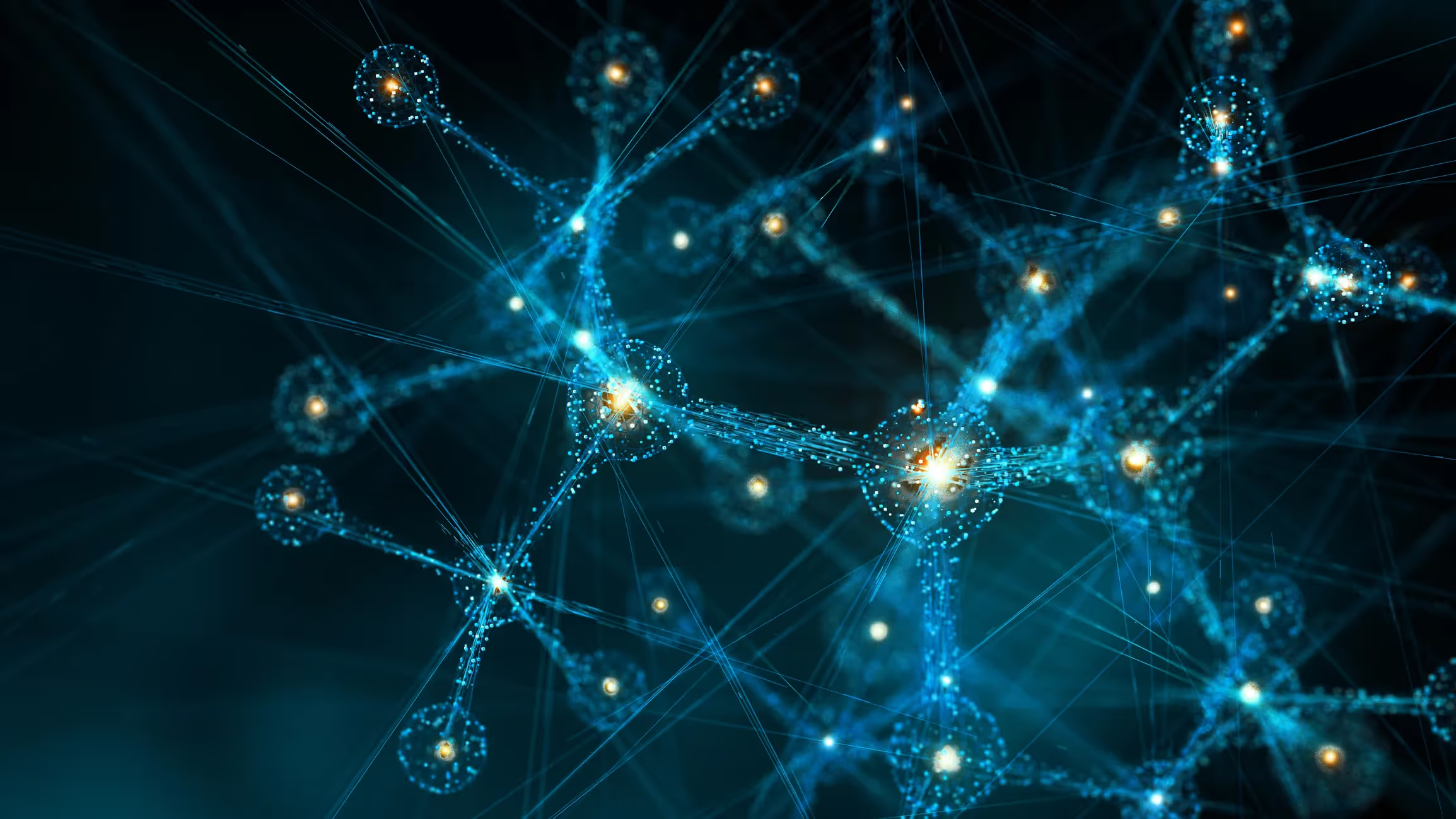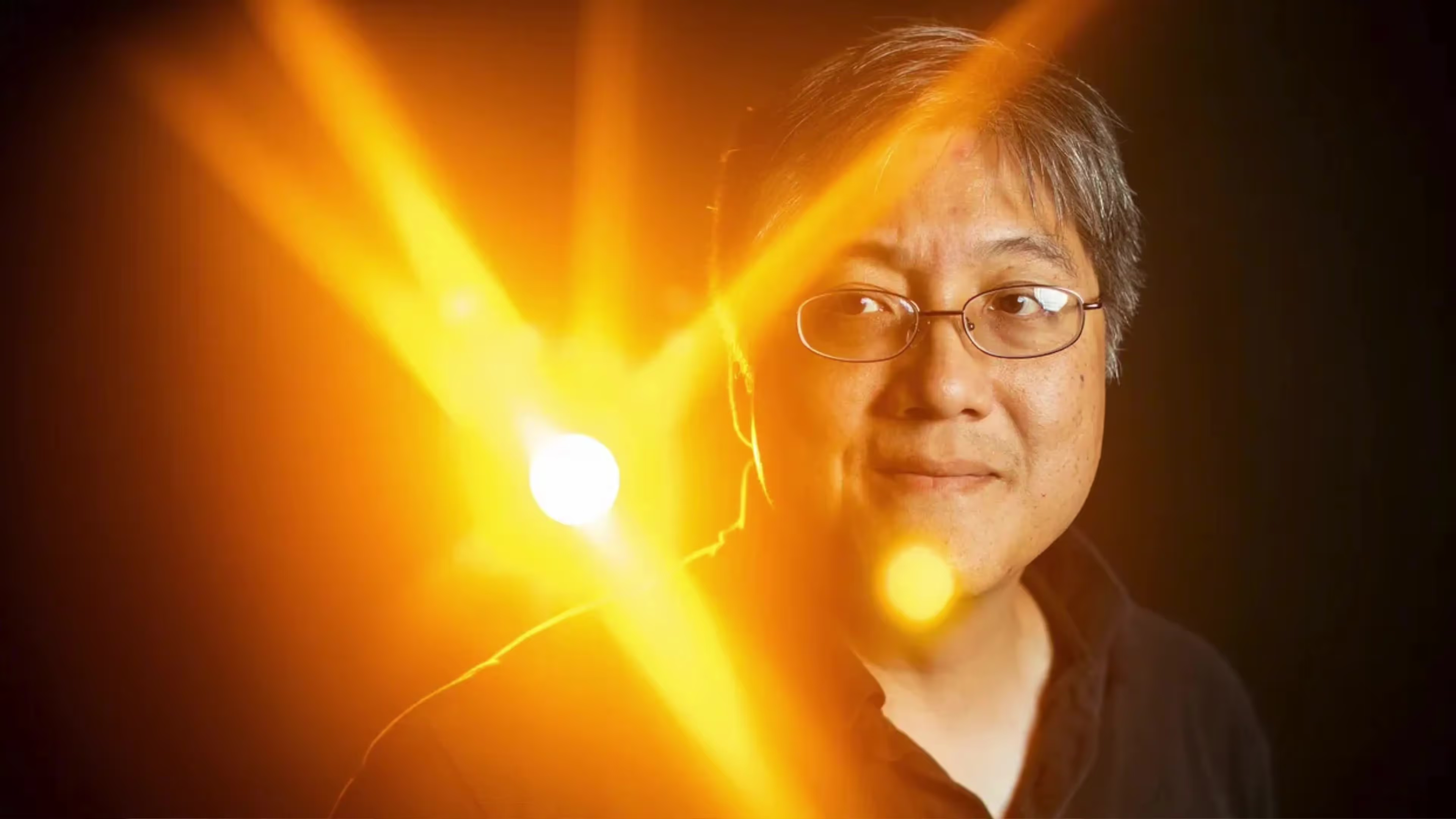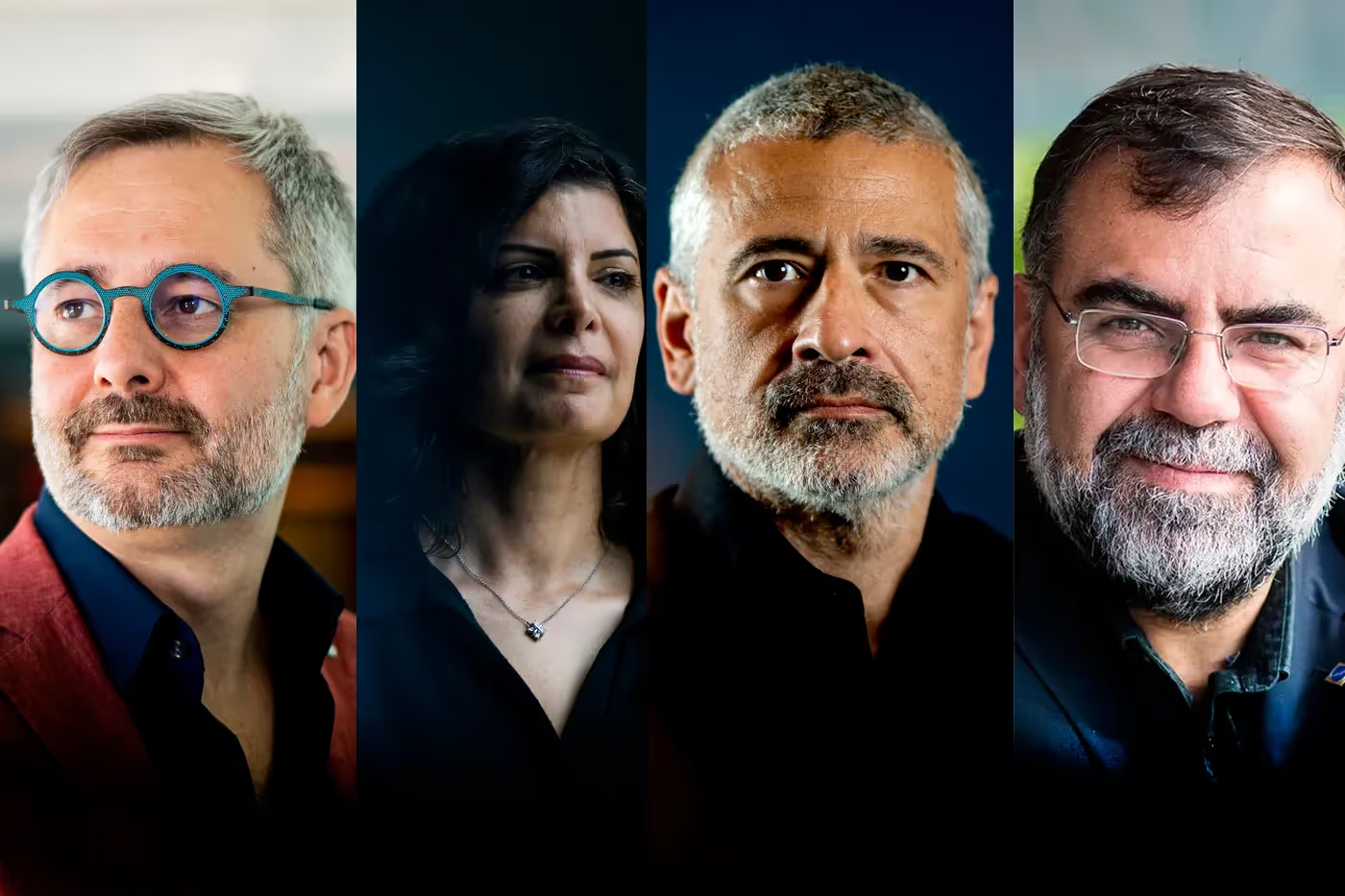Two 2024 Nobel Prizes Honor Researchers Innovating in AI, Machine Learning

Recognizing the transformative power of AI, the Royal Swedish Academy of Sciences recently awarded the 2024 Nobel Prizes in physics and chemistry to researchers at the forefront of machine learning, artificial neural networks, computational design, and protein structure prediction.
John Hopfield and Geoffrey Hinton earned the Nobel Prize in physics for “foundational discoveries and inventions that enable machine learning with artificial neural networks.” David Baker, Demis Hassabis, and John Jumper received the Nobel Prize in chemistry for advances in computational protein design and protein structure prediction.
Do these awards signal the legitimization of AI in science? If so, what are the societal, ethical, and educational implications? Leaders and researchers from Northeastern University provided their thoughts on the significance of this year’s Nobel Prizes, aligning on three core themes:
- The value and legitimization of AI reflects the growing importance of interdisciplinary research.
- AI is still vulnerable to hype and exaggerated narratives regarding its impact, both positive and negative - making Responsible AI approaches more important than ever.
- AI’s transformative potential lies in its ability to enable or augment human productivity, rather than replace it.
Read more from Northeastern experts below:

This is a great thing for the fields of AI, data science, machine learning, and computer science in general. I believe AI is becoming an essential tool for accelerating the conduct of science in all fields. Hence, developing innovative and enabling algorithms and methods in AI should be worthy of Nobel prize recognition. Just like developing a new type of telescope enables better astronomy and cosmology, new AI tools can tremendously help in all sciences. I will go even further: As the world of sensors and instruments grows in variety, resolution, and instruments, if you are a scientist and you are not leveraging AI as a tool, it is unlikely that you will be productive or competitive with your peers. The two Nobel Prizes are a great recognition, but they are also a wake-up call to the science community and the people working on AI, data science, and computer science in general.
- Usama Fayyad, executive director, Institute for Experiential AI; professor of the practice, Khoury College of Computer Sciences

From an AI for Climate and Sustainability (AI4CaS) perspective, what is rather intriguing about the Physics Nobel awardees in 2021 and 2024 is how the Nobel committee appears to be broadening the traditional boundaries (at least in terms of what have usually been considered Nobel worthy sub-disciplines of physics) to include climate and complexity sciences in 2021 and machine learning in 2024. This broadening, one can argue, is a reflection of what may be viewed as among the most challenging, and certainly among the most impactful, priorities facing modern society.
- Auroop Ganguly, director of AI for climate and sustainability (AI4CaS), Institute for Experiential AI; distinguished professor, College of Engineering, Northeastern University

This is not entirely surprising. Science has evolved dramatically and is now more interdisciplinary than ever before, with 54% of all Nobel Prize winners having degrees from more than two different disciplines. Hinton and Hopfield epitomize this: Hinton is an experimental cognitive psychologist and computer scientist. Hopfield is a physicist who has worked extensively in biology/neuroscience. Their interdisciplinary training and discoveries embody Northeastern’s humanics approach, where literacies in data, technology, and human nature lead to transformative innovation. Congratulations to them. And congratulations to NU for taking the lead in experiential Responsible AI education woven throughout multiple interdisciplinary fields to train a new type of professional.
- Gene Tunik, director of AI + health, Institute for Experiential AI; professor in physical therapy, movement, and rehabilitation science, Bouvé College of Health Sciences

This prize is an acknowledgement that AI is a thing, for better and for worse. Hinton has been very influential on both sides of this debate. He deeply understands how AI can do good, but he also has concerns. Both sides of this debate should be heard, and will be heard, as a result of this prize. Congrats!
Some may question the appropriateness of giving the prize to engineers. Historically, AI evolved out of physics and math departments. It may be a bit ironic to have come full circle, but maybe it is appropriate.
- Kenneth Church, senior principal research scientist, Institute for Experiential AI; professor of the practice, Khoury College of Computer Sciences

I am delighted to see computing contributions at the foundation of two Nobel Prizes this year. This should not be surprising, as we see the applications of AI, and computing more generally, influencing all varieties of scientific exploration. AI is increasingly a necessary tool for all forms of research.
- Gregory Abowd, dean of the College of Engineering, Northeastern University

The physics and chemistry Nobel Prize awards this year both point to the importance of interdisciplinary work. Hopfield is known for ignoring the prevailing advice of “to build a strong physics or strong biology department is to know where the center of the field is,” and moving out of the traditional center of his field. The same holds true for AlphaFold’s impact as a successful deployment of an AI model outside of computer science. These developments bode well for Northeastern University and particularly for the Institute for Experiential AI, given our core focus on fostering interdisciplinary collaboration.
- Zulqarnain Khan, research scientist, Institute for Experiential AI

The Nobel Prize in physics, awarded for AI-related work, underscores the growing importance of artificial intelligence in advancing scientific discovery and addressing complex challenges. This recognition encourages deeper collaboration among academia, government, and industry to propel AI innovation. However, there's an ironic concern that some AI advocates who promote exaggerated claims about artificial general intelligence might gain more prominence. I hope this does not amplify inflated narratives.
Moving forward, we must shift the conversation beyond the hype that AI will solve all problems or cause catastrophic harm. Instead, the focus should be on how AI can bridge inequalities in education and healthcare. Its contributions to solving critical scientific challenges must be rooted in interdisciplinary approaches, guided by human insight, and directed toward addressing our most urgent, real-world issues.
- Malihe Alikhani, assistant professor of AI and social justice, Northeastern University

We should treat these Nobel prizes as a validation of the utility of AI as a tool in various disciplines. AI is not magic, nor is it something to be feared. It has its strengths and weaknesses, just like any other tool. The key takeaway is that these Nobels should spur us into reaching out and getting more people interested in using AI to make the world a better place.
- Raman Chandrasekar, senior principal research scientist, Institute for Experiential AI

Geoffrey Hinton is the second person ever to win both a Turing Award and a Nobel Prize. The first person is Herb Simon, who won the Nobel Prize in economics. This Nobel Physics award to Hinton speaks for itself: The huge impact of AI is well-recognized in physical science, such as developing new materials with desired properties, and more is to come. Also note that it took Hinton almost three decades to unleash the full power of neural networks — scientific acumen and perseverance are key to the success of fundamental science.
- Cheng Zeng, postdoctoral research fellow, Institute for Experiential AI

I am delighted that the Nobel Committee broadened the scope of appreciation of scientific research. Although Jeff Hinton’s insights enabled approximations to many invariances in pattern recognition, I would like to be more careful about overgeneralizing our successes in AI. The current results are the fruits of much research ranging from information theory, computational complexity, theorem proving in logic, and rule-based decision-making. Although the recent advances in generative AI represent giant steps toward the ultimate AI, we are far from that goal. We learned from history that confrontations of AI approaches with practical applications in complex and uncertain domains were the drivers of novel computational advances. For example, improving diagnostics in medicine has led to the development of probabilistic representations that are so critical in the current GenAI. This is why I think that the Institute for Experiential AI is likely to provide ample opportunities to challenge the current limitations.
- Misha Pavel, research professor, Northeastern University

It is an exciting year that clearly establishes the importance of multidisciplinary collaboration, and the utility of joint, iterative experimental and computational approaches to science. In particular, the promise of AI in significantly accelerating scientific discovery and technological progress is strong. It is, however, still important to keep in mind that we scientists and engineers must carefully use this leverage offered by AI-enabled discovery and design tools to innovate in service of humanity, address needs and solve problems of significant importance. I look forward to witnessing this process and hoping to be a part of it.
- Deniz Erdogmus, professor of electrical and computer engineering, Northeastern University
Read more about this year's Nobel Prize winners here.




